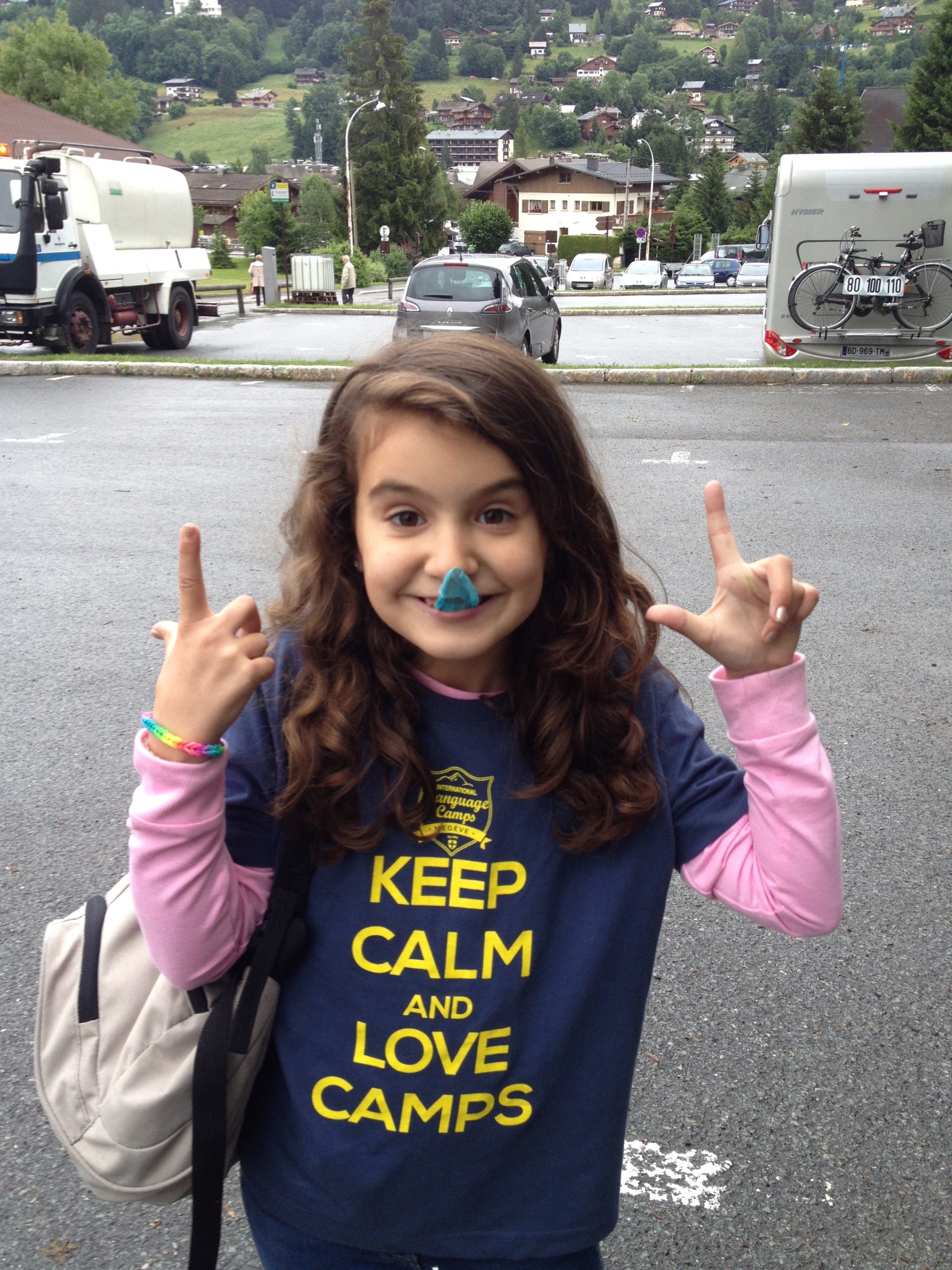Often, all homesick campers need is a little help from their camp friends.
With the goal of encouraging children to be self-sufficient and independent, summer camps are experts at helping kids deal with homesickness.
“Summer Camps know how to welcome and integrate new campers successfully,” writes Catherine Ross, who was the director of a summer Camp for 20 years.
While overnight camp means adjusting to being away from home, most new campers actually never experience homesickness and prolonged homesickness is rare, Ross points out.
“Children are more adaptable, capable and resilient than we sometimes expect,” she says.
Whether or not homesickness strikes, camp staff ensure a smooth transition for new campers right from the start. Orientation and a guided tour help children become familiar and comfortable with the camp.
If a camper is homesick, the director and the entire staff are made aware of the situation so that everyone can be supportive and encouraging.
The counsellors are not only friends but also patient and sympathetic mentors. “They know that the best medicine is to keep their camper busy, urge them to cope with one day at a time and reassure them that others have experienced what they are feeling, but they soon recovered,” Ross explains.
“Mostly, we encourage them to participate in activities,” says Summer camp our summer camp director Tina Munnings. “When they’re having fun, they’re less homesick.”
How to Prevent
Helping with Homesickness
What is it?
Homesickness is, above all, a normal feeling. It is the natural result of separating from home and loved ones. In a recent study, nearly 96 percent of all boys and girls who were spending two weeks or more at overnight camp reported some homesickness on at least one day. Almost all children (and grown-ups!) feel homesick when they’re away from home. People’s feelings simply vary in intensity.
What causes it?
There are several factors that put children at greater risk for becoming homesick. For example, children with little previous experience away from home, children who have low expectations of camp, children who feel forced to go to camp, children who are unsure whether adults will help them if they need help, children who have little practice coping with negative emotions, and children whose parents express a lot of anxiety are most likely to feel homesick.
You may be surprised to learn that some factors have nothing to do with the intensity of homesickness. These include geographic distance between home and camp and the presence of a friend from home at camp.
When is it a problem?
Most feelings of homesickness are not problematic. In fact, missing home isn’t a problem until it becomes a preoccupation. When the feelings of sadness and anxiety associated with missing home become so strong that making friends, having fun, sleeping, eating, and participating in activities is difficult, something must be done.
What can be done?
It used to be thought that feelings of missing home disappeared spontaneously after a few days at camp. Although this is true for some cases of mild homesickness, research has demon


